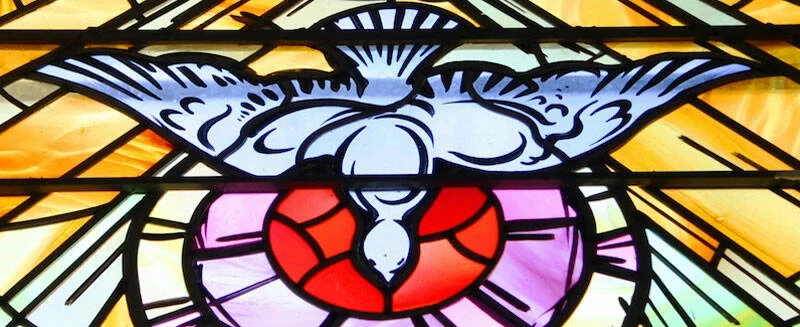Some people are turned off the topic of achievement because of the pride and boasting that often comes with it. Since we don’t want to be boasters, we may play down our legitimate achievements. Since it is difficult to discuss our achievements without being heard as boasting, we may prefer simply not to acknowledge them.
After the previous reflection on how the cross inverts the world’s understanding of achievement, we follow straight on to the next part of Paul’s argument in 1 Corinthians 1:26–31 in which he addresses boasting.
Paul, the Cross, and Boasting
Paul reminds the Corinthians that not many of them were wise, powerful or noble from a human perspective (v. 26). In fact, he refers to them as foolish and weak: “God chose the foolish things of the world to shame the wise; God chose the weak things of the world to shame the strong” (v. 27).
God’s choice of the “lowly” and “despised” means that “no one may boast before him” (v. 29). No human being may boast before God because, first, our standing before him depends on his choosing us (v. 28) and because it is “because of him that you are in Christ Jesus” (v. 30). It was not our fine stature that brought us to Christ. It was not our abilities or accomplishments. It was not our impressiveness. No, God chose the weak to belong to Christ.
Christ “has become for us wisdom from God—that is, our righteousness, holiness and redemption” (v. 30). He is our entire status before God. Christ is our righteousness: we are right with God solely because of Christ. Christ is our holiness: we are set apart to belong to God only in Christ. Christ is our redemption: we are saved from the dominion of darkness by his work. God chose the weak to belong to Christ.Reflection on these facts destroys any grounds for boasting before God. We are entirely the objects of his mercy.
And so, Paul concludes with the inevitable outcome: “Therefore, as it is written: ‘Let the one who boasts boast in the Lord’” (v. 31). For the Christian, there is only one appropriate way to boast: “in the Lord”.
To boast “in the Lord” is to boast with reference to the Lord—he is the subject and content of such boasting.[1] If we are to boast, it is to glorify and praise the Lord Jesus Christ.
Boasting in the Lord, Achievement in Christ
This turns boasting on its head. If we truly understand what Christ has done for us, we may never boast in our achievements—whatever they may be. If we understand that our entire status before God is dependent on Christ and not ourselves, where is room for boasting in anything else? If we If we understand that our gifts…are all gifts from God, how can we take credit?understand that our gifts, abilities, opportunities, and energy are all gifts from God, how can we take credit?
Boasting in the Lord, however, does not mean that we negate all achievements as meaningless or “wrong” somehow. There is a fine balance to be struck here. On the one hand, the achievements that God produces in and through us are good and worthy of acknowledgement. On the other hand, we must not boast in them.
Boasting in the Lord means that we may say, “thanks be to God” that he has enabled our every achievement, accomplishment, and fruitful production. As long as Christ is truly the object of our thanks, praise, and glory, our “achievements in Christ” may be celebrated rather than suppressed. But if our achievement is the real object of our praise and glory—rather than Christ—then we have reverted to worldly boasting in self.
Let the one who boasts boast in the Lord!
[1] See my Paul and Union with Christ: An Exegetical and Theological Study (Grand Rapids: Zondervan, 2012), 157–58.








Comments
Be the first one to make a comment!